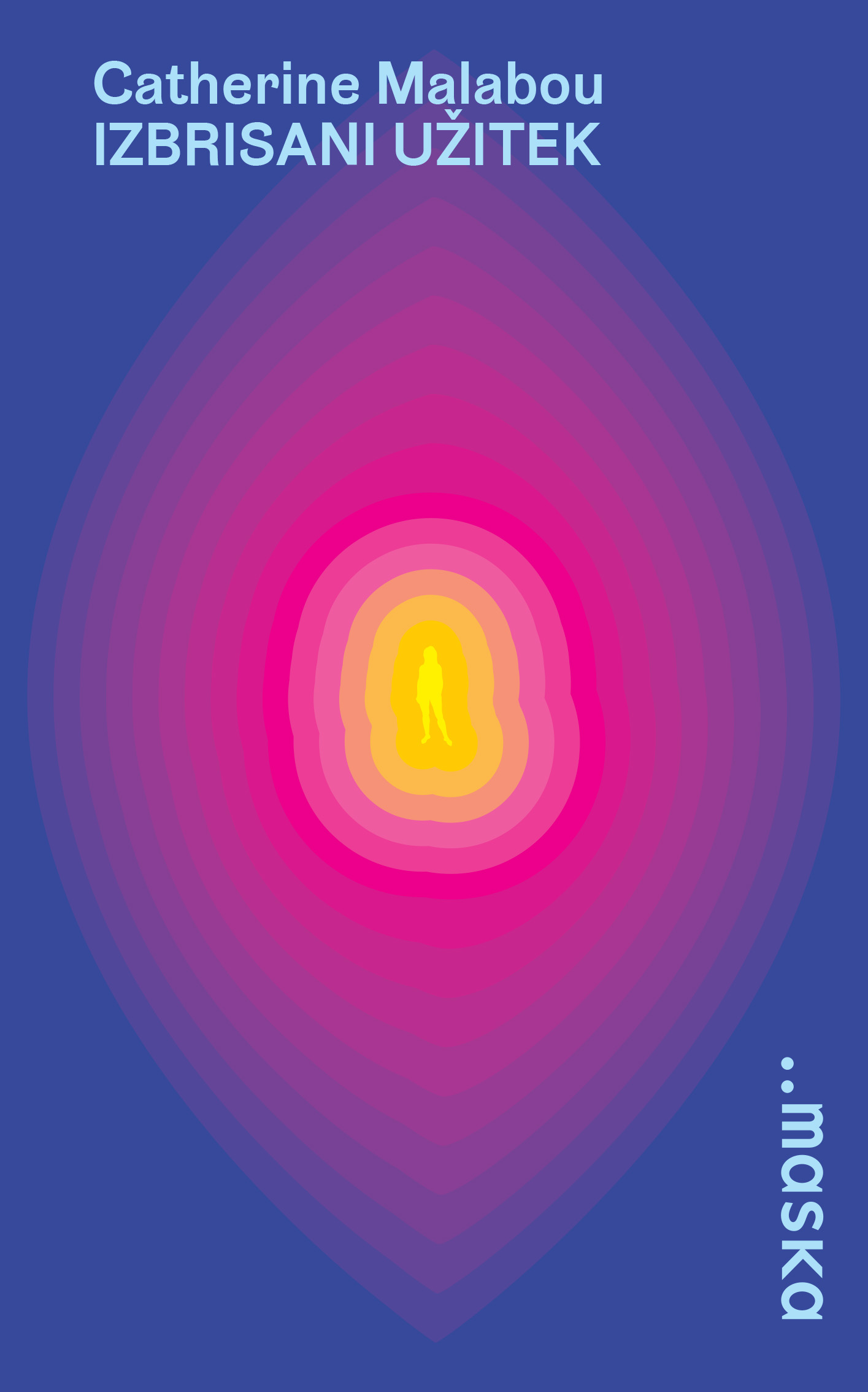Catherine Malabou: Pleasure Erased. The Clitoris Unthought

Pleasure Erased. The Clitoris Unthought – a title that says it all: it is not a philosophy that attempts to posit the concept of the clitoris as a concept of female pleasure, but ratherit is a story, or more precisely, it is a series of different examples of the treatment of the clitoris that testify to our inability to understand it as an independent, accomplished pleasure. A pleasure that cannot be ruled, that cannot be subjugated, a pleasure that resists again and again. It resists both the male and the female, it belongs to no one, because it is the sign of femininity itself, which does not submit to any position. The clitoris, more than anything else, is a space: a space between the vagina and the clitoris, between the clitoris and the phallus, between the biological and the symbolic. An unmanageable gap which, as such, carries political implications – there is something anarchic about the clitoris.
Mediakcije, book no. 25
Editors: Gregor Moder in Aleš Mendiževec
Translation: Sonja Dular
© Maska, Ljubljana, 2023
The book was published in Slovenian as part of the Testing Ground project.
Excerpt from the last page
The clitoris has always been considered a troublesome, superfluous, useless organ that challenges the anatomical, political and social order with its independence, its dynamics of enjoyment that eludes any principle or purpose. The clitoris cannot be ruled. Despite all attempts to ascribe it a master – patriarchal authority, psychoanalytic dictates, moral imperatives, the weight of customs, a long line of ancestors – the clitoris still resists. It resists domination by its very indifference to authority and power. The clitoris breaks with the logic of command and obedience. The clitoris does not orchestrate. And that is what makes it so disturbing.
About the Author

Catherine Malabou is a French philosopher and teaches in the Philosophy Department at the Centre for the Study of Modern European Philosophy at Kingston University, London, at the European Graduate School and in the Comparative Literature Department at the University of California, Irvine. She received her PhD from Jacques Derrida with a dissertation that became her first book, L’Avenir de Hegel: Plasticité, Temporalité, Dialectique (Hegel’s Future: Plasticity, Temporality, Dialectic), in 1996. She is known for the concept of plasticity, which she developed while reading Hegel’s philosophy, and later rethought in the field of modern neuroscience. Her work also deals with feminism and the concept of difference, psychoanalysis and the concept of trauma, cognitive science and the concept of artificial intelligence and, in recent works, the political idea of anarchism.
Photo: Magali Bragard

Funded by the European Union. Views and opinions expressed are however those of the author(s) only and do not necessarily reflect those of the European Union or the European Education and Culture Executive Agency (EACEA). Neither the European Union nor EACEA can be held responsible for them.